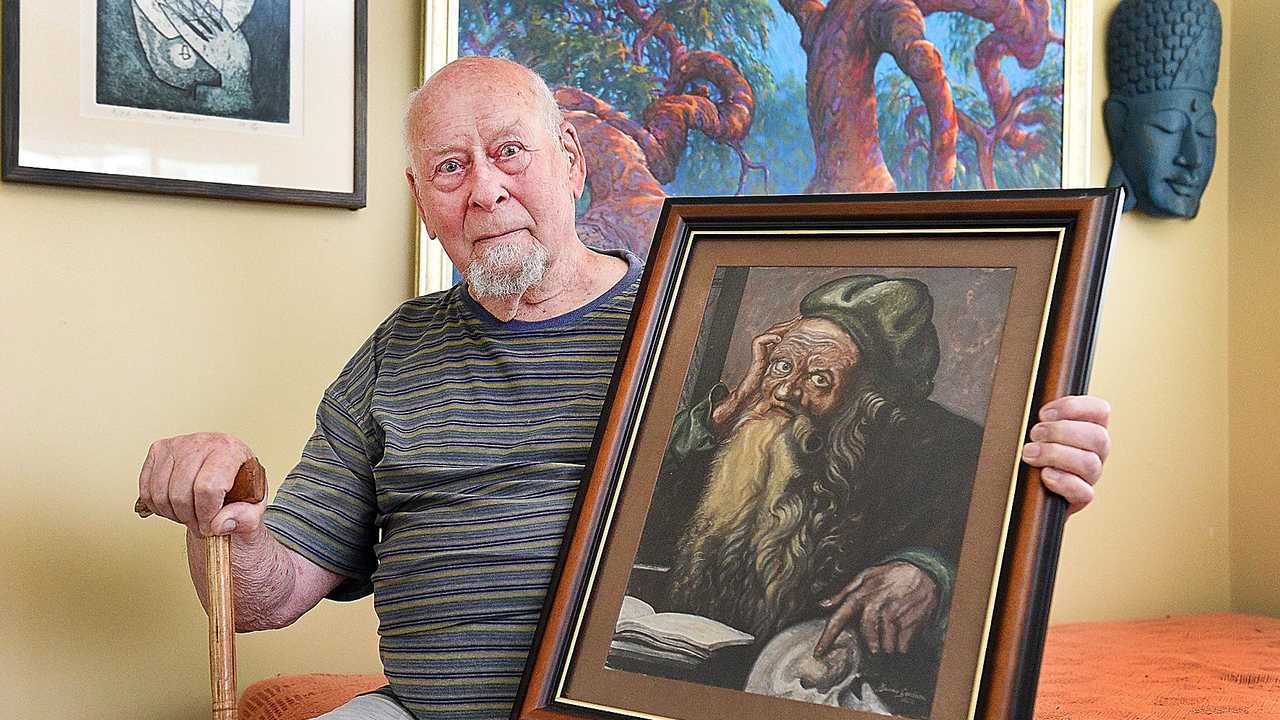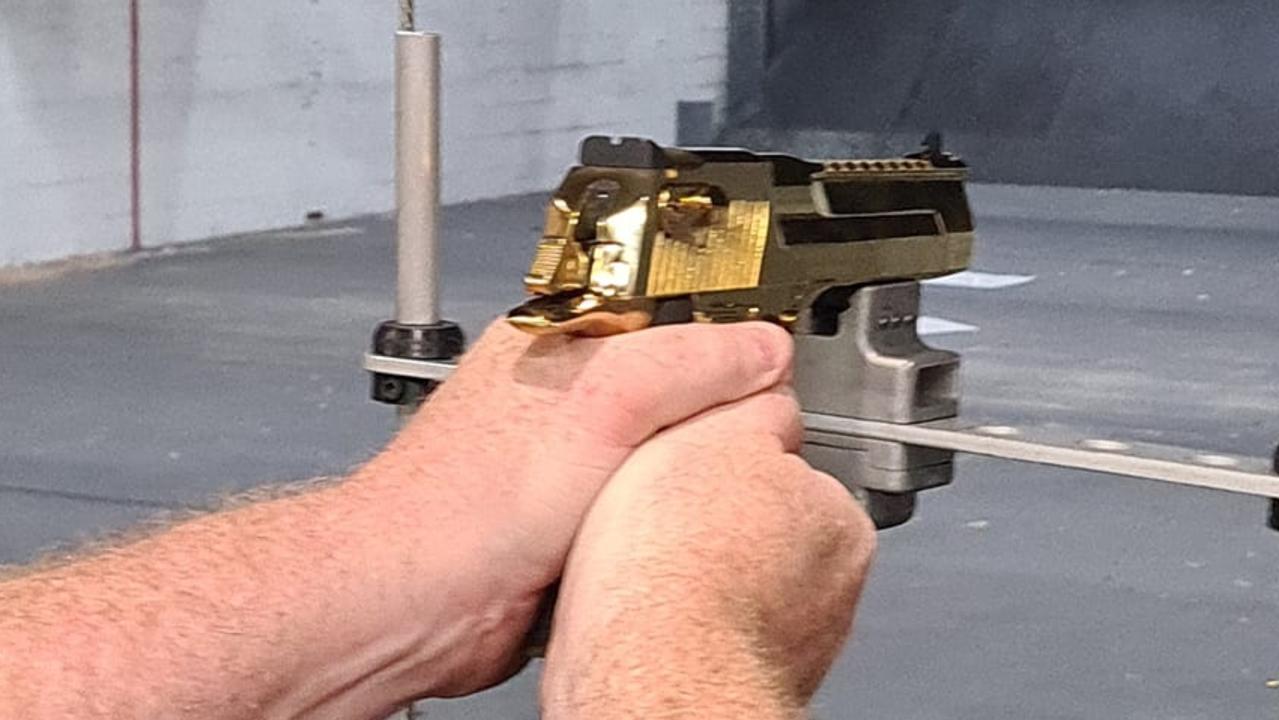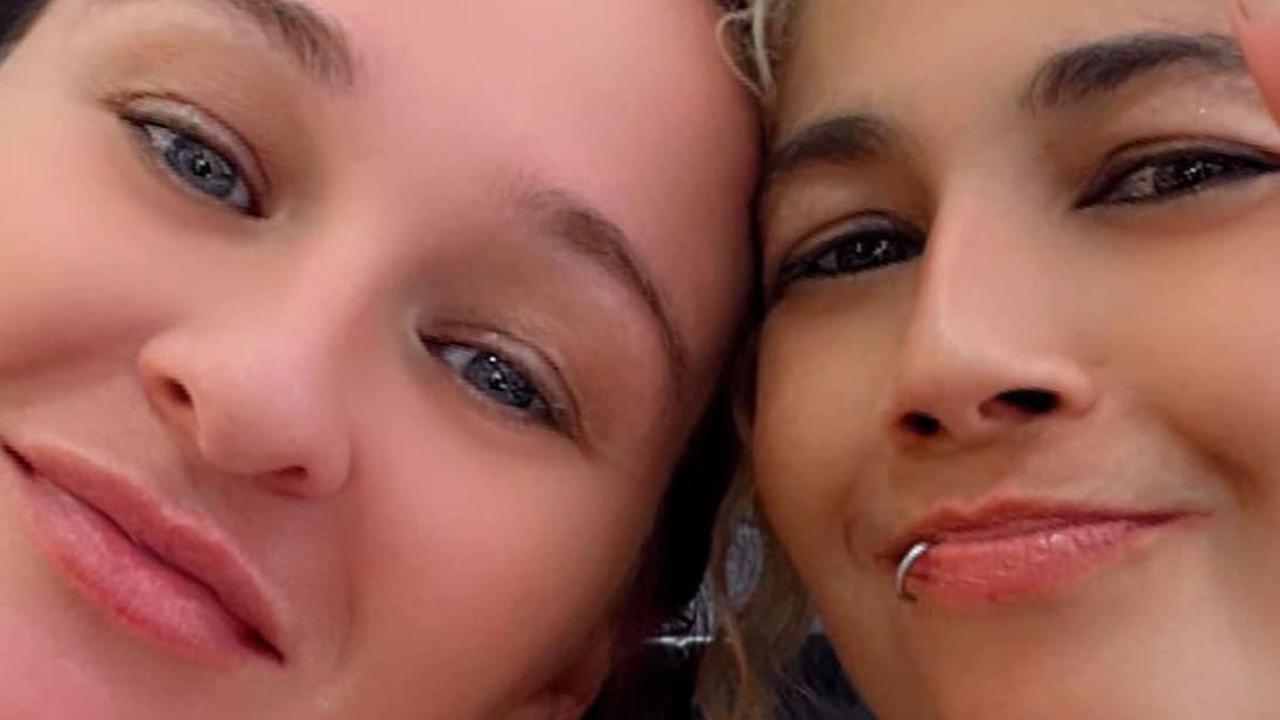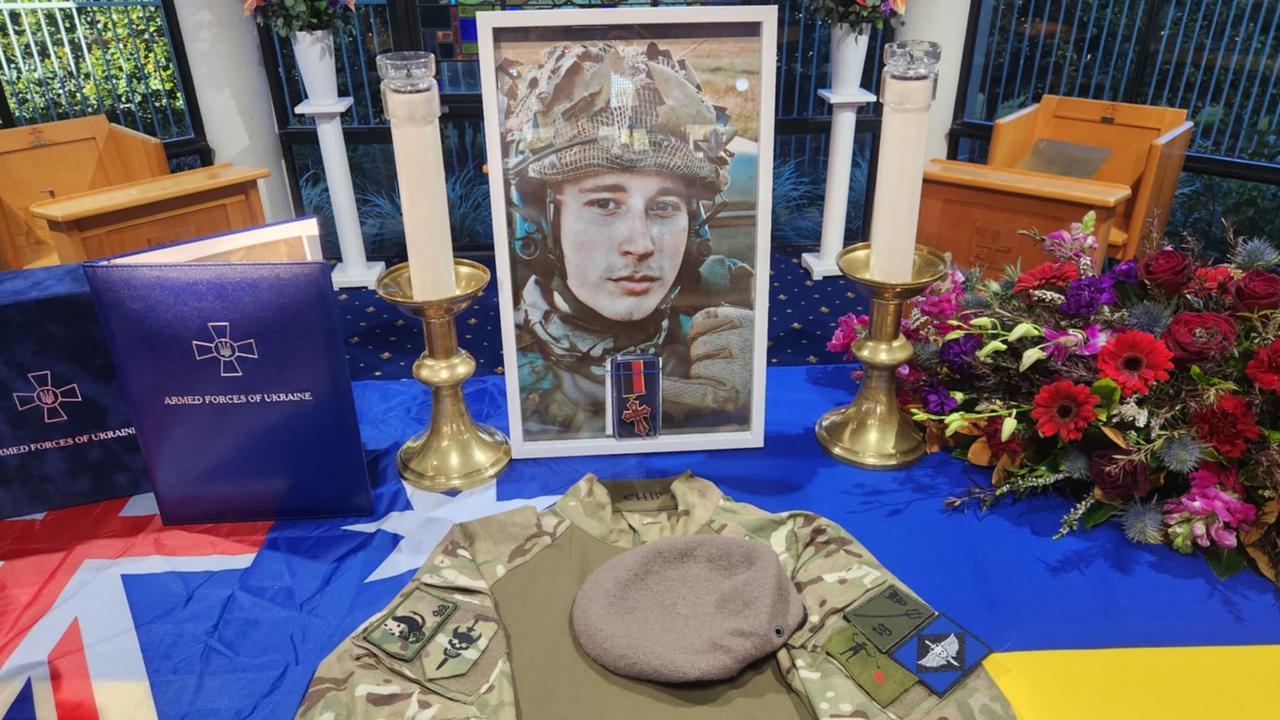THE STORY OF BEN GERDSEN: How rural Australia helped heal Nazi war wounds
World War II was not the time to be growing up in Germany with Jewish blood but it's where the Fraser Coast 90-year-old's remarkable tale begins.

Community News
Don't miss out on the headlines from Community News. Followed categories will be added to My News.
BEN Gerdsen was still a boy when he was forced to kill on Hitler's orders.
World War II was not the time to be growing up in Germany with Jewish blood but it's where the Fraser Coast 90-year-old's remarkable tale begins.
He tells it, sitting in his Burrum Heads home, surrounded by bushland.
Here, the quiet is only invaded by the occasional bush turkey coming to dig up his garden. But it took 70 years for the nightmares to give way to peace.
Born in Hamburg, in 1928, Ben was the oldest of four siblings to a Danish father and half-Jewish mother.
As a child he learned the basics of painting from composition to creating his own paints, the beginning of a life-long passion for art which would withstand the horrors of war, becoming the sole provider for his family at 17, migrating to a country where he did not speak the language, joining the historic search for Ludwig Leichhardt and finding fortune in the gold fields.
He sold his first oil painting at 10-years-old.
It was at this tender age he was first told to stop playing with his Jewish friend, advice he secretly ignored while still blissfully unaware of what was to come.
During Hitler's rise to power, Ben's father made himself indispensable to the local Nazi party to protect his wife and family.
"We never knew anything about what they did to the Jews," Ben said.
It was the 'night of the broken glass' when Ben had his first indication of the terror about to unfold.
"I went into the kitchen at night I found my father with his head in my mother's lap crying, my mother was crying too," he said.
"They explained my father had to go to this thing to 'give trouble to the Jews' and some people were talking about killing them."
The next day, all the Jewish businesses in Ben's suburb had their window's broken and shattered onto the street.
Within a week, all of his mother's Jewish family left the country for America.
World War II broke out the same year and he was conscripted into the German army at 15.
"I was a child soldier," Ben said.
"We were told to kill the enemy, all the glory stuff you see about war and every solider was a hero it is just crap.
"Unless you have been there and done that, no one can imagine what it was like, you cannot feel what it is like when you get around a corner and suddenly there is a tank coming towards you and they spit machine gun fire at you and the world just explodes around you. And then you realise you are still alive and you jump head first into the next hole and hope the tank will miss you.
"The only thing you have in your mind, for every solider, is to stay alive. That is the only thought you have. Instinct, something we all have, was only self preservation. All the rest is politics and glamorising it so they can get stupid young men to step into cannon fire."
"The generals thought about us as token pieces on a board and when they moved us into a trap they didn't see the men who were dead before they even hit the ground.
"Believe me, the people who fought each other, once they met each other, they put their guns down and said 'come on and let us have a beer'."
The war ended just before Ben's 17th birthday. His father died shortly after building the family a small house.
"He fought in the first world war and was gassed... he had trouble with his lungs ever since," Ben said.
"My mother died six months later."
Ben became the head of the family.
"I had to feed them, I didn't have a job," he said.
"Survival makes you do things."
This included helping a friend sell cigarettes on the black market before expanding to sell bags of coal he took from trains at night to stockpile for winter.
After almost two years surviving on their own, the forgotten family of four was taken into care but placed separately.
They would be only reunited decades later when Ben returned to Germany for a visit.
Left destitute and suicidal, Ben decided to migrate to escape the harsh reality of life and treatment he received in occupied Germany.
"The Australian embassy was the first to write back so that is where I went," he said.
"On the boat on the way over we started a newspaper and I did the illustrations."
Once here it was trial by fire, well, beer actually in to the Australian way of life.
Locals in the small South Australian town he was posted to while working on the railway were "determined to make an Aussie out of the Kraut."
"Everyone in the pub brought me a schooner of beer and I had to drink all of them," he said.
"I couldn't do it... I went outside and threw up and came back to give it another go."
Later, he travelled to Perth on a whim to join the search for Ludwig Leichhardt.
The Australian bush landscape made its way into Ben's heart.
"It was healing," Ben said.
"After everything to spend time alone in the bush... I had a dingo who kept me company and I loved that animal."
Ben worked in the Perth gold fields and made fences for cattle stations before he felt the need to rejoin society in 1956 and went to Maralinga to work as a civilian where the British conducted nuclear tests.
To condense a lifetime, Ben met his wife Sara in South Australia and together had their four children Erika, Sonja, Bennet and Carmel.
He has six grandchildren and two great-grandchildren.
Ben and Sara retired to Hervey Bay 20 years ago and in that time, just like throughout his life, Ben continued to paint.
His works have been shown in several major solo exhibitions at the Regional Gallery in Hervey Bay and at Gatakers Artspace in Maryborough.
"Art dealers can't cope with all the paintings looking like they were done by different people," he laughed.
"I can paint just about everything but a lot of my paintings are influenced by the way I feel."
Originally published as THE STORY OF BEN GERDSEN: How rural Australia helped heal Nazi war wounds






